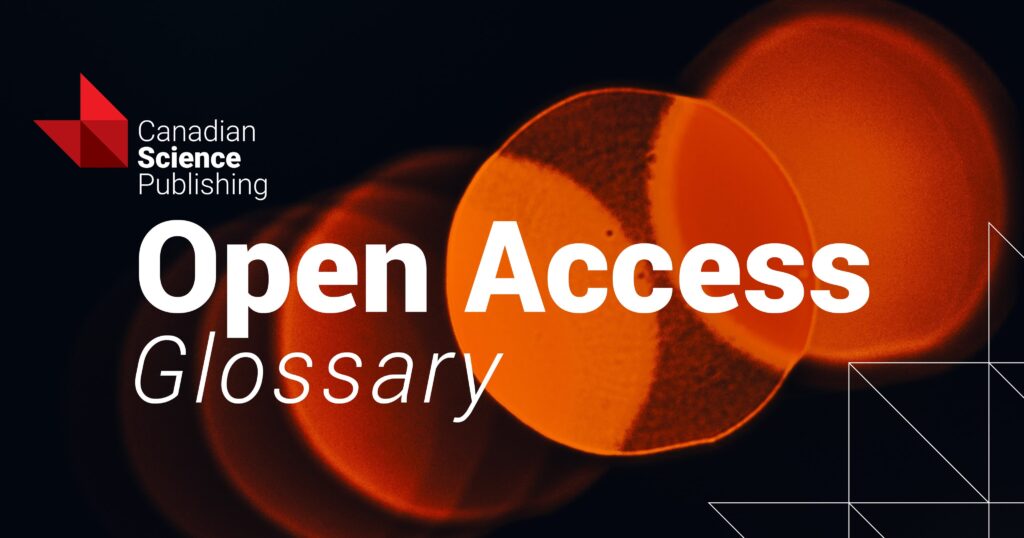October 21-27, 2024 marks International Open Access Week, an event that celebrates and promotes the principles of open access (OA). The theme of this year’s OA week is “Community over Commercialization”. If that theme sounds familiar, it’s because it was also the theme for 2023! The unprecedented decision to build on the same theme for a second year stems from the critical discussion and many questions that arose during the initial conversation around the role of community in scholarly communications. For 2024, the objective is to “prioritize approaches to open scholarship that serve the best interests of the public and the academic community”.
Scholarly journal communities are comprised of knowledge creators and users (including authors, reviewers, editors, and readers), libraries and institutions that promote scholarly communications and enable access and discovery of journal content, funders who financially support research, journals and publishers who publish and disseminate research and make it discoverable, and academic societies who are home to scholarly communities. Scholarly communities are an essential aspect of scholarly communications and, in this post, we examine how journals and societies work together to support these communities and vice versa.





